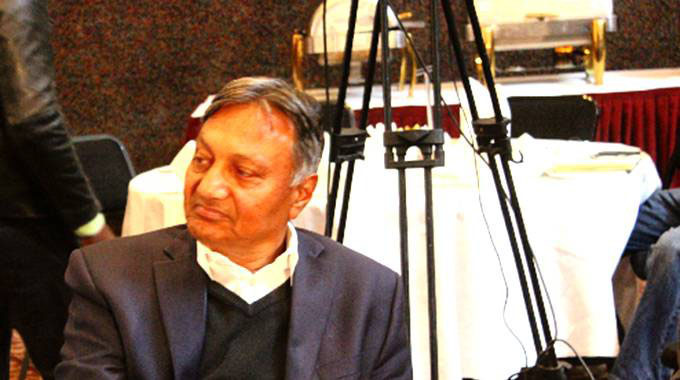‘Decision on car duty pays off’

Africa Moyo Senior Business Reporter
GOVERNMENT’S decision to curtail the leakages of the much-needed foreign currency through demanding that duty on imported motor vehicles be paid in forex is already bearing fruit, on the back of a sharp decline in imports, a top economic analyst has said.
Finance and Economic Development Minister Professor Mthuli Ncube, announced in the 2019 Budget that the Zimbabwe Revenue Authority (Zimra) was supposed to start collecting motor vehicle duty in foreign currency from November 23 last year.
Prof Ncube said the move was designed to ensure the usage of scarce foreign currency was “redirected to productive industries”.
Vehicles that had been paid for by November 22, will pay duty in RTGS, mobile money and bond notes.
Zimra has indicated that since November 23, about 40 vehicles are cleared per day as opposed to 200 vehicles before the policy shift, representing an 80 percent plunge, our sister paper Business Weekly reported recently.
This has resulted in the tax collector losing about $27 million in potential revenue.
University of Zimbabwe economics lecturer, Professor Ashok Chakravarti, said yesterday that he was excited that the measure to reduce the leakage of foreign currency was beginning to pay dividends.
Prof Chakravarti said the move is also expected to reduce the demand for fuel in the country going forward as less and less vehicles are imported.
“I am very much in favour of that measure because I was one of the people who recommended it because we have to conserve our foreign exchange,” said Prof Chakravarti.
“We cannot have foreign exchange going out for these luxuries, and even beyond that, as you can see the number of cars on our roads is too much.
“This is resulting in high consumption of fuel so you need to restrict the number of cars that are being imported into Zimbabwe. So this is positive in terms of conservation of foreign exchange, and it is also positive in terms of lowering the consumption of petrol and diesel. “This is the right way to go.”
Critics of the decision on levying duty in foreign currency have said the move was insensitive considering that Government itself was importing vehicles worth millions in foreign currency.
However, in the true spirit of “austerity for posterity”, Government has indicated that it has no appetite to import service vehicles for Cabinet ministers and other top civil servants.
But the 350 strong Members of Parliament have been stoic on their demand for service vehicles, which are set to chew up to US$20 million.
Prof Chakravarti said he had proposed a moratorium on vehicle purchases, at least for a year, to allow the country to redirect foreign currency to critical sectors such as the productive sectors and importation of medical drugs.
Where need be, local car assemblers were supposed to be given the job.
He said he was not sure if Government was going to stick to his recommendation on freezing vehicle imports.
“I have not looked at the latest figures but before the (2019) Budget my recommendation to the Minister of Finance (Prof Ncube) was that there should be a moratorium on the purchase of new vehicles by the Government for 12 months.
“I think that will show good intent because on one hand you are saying you need austerity and on the other Government has put a tax on transactions by the informal sector so as a quid pro quo, I think Government will come out clean because they have shown some good intent by cutting salaries by 5 percent on senior people,” said Prof Chakravarti.
A senior Government who cannot be named for professional reasons, said not all public officials were greedy, adding that there was a clique that was yearning to see the economy prospering and this group was willing to support all measures being put in place.
“There are forward looking civil servants. There are people in Government who want to leave a true legacy and these people are fighting hard to ensure the policies succeed.”
Who does not want to see a prosperous Zimbabwe where our money is accepted anywhere in the world. A Zimbabwe where people can plan for five to 10 years with budgets not changing?” said the official.











Comments